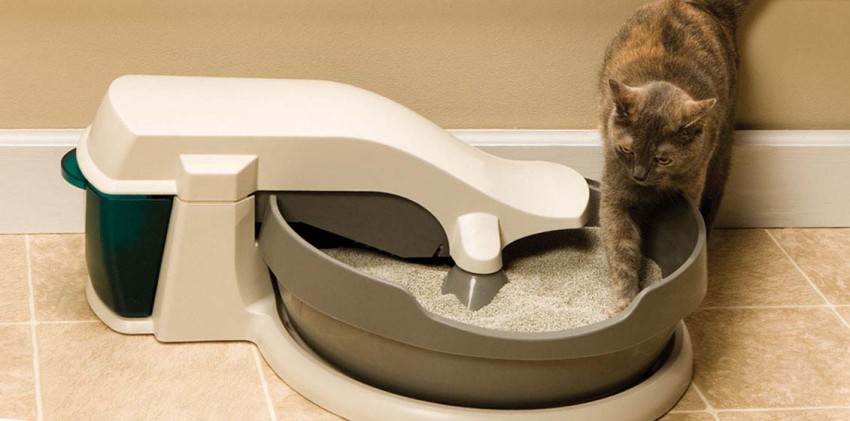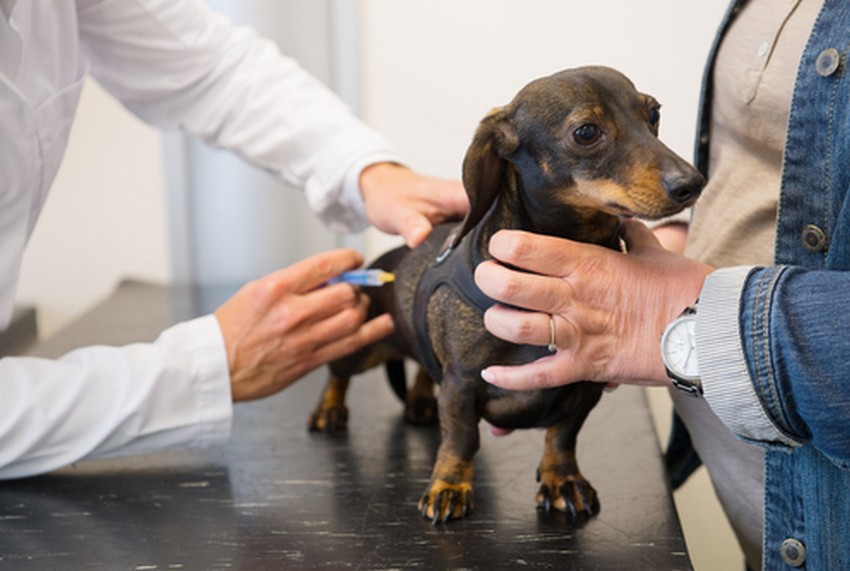Ferret disease, how to avoid problems?
 It is not a secret for anyone that regular examination by a veterinarian is the main method of prevention and early diagnosis of various diseases of any animals, ferrets are no exception.
It is not a secret for anyone that regular examination by a veterinarian is the main method of prevention and early diagnosis of various diseases of any animals, ferrets are no exception.
Many diseases of domestic ferrets are often asymptomatic as long as the disease can no longer be controlled and effectively helping the animal becomes a non-trivial task. Prophylactic examinations at the veterinarian and the necessary tests are necessary for the early diagnosis of most ferret diseases. In other words, your animal, like you need to periodically undergo medical examination.
The following are approximate terms and manipulations, which, in our opinion, are necessary for competent prevention and examination of your ferret. Remember that some ferret diseases are extremely difficult to determine, even if it is clear that the animal is ill.
Medical examination of ferrets up to a year
Routine inspection of the ferret after its purchase from the breeder (pet shop, friends). When you first visit the doctor, you will be given advice on its maintenance, feeding, vaccination, treatment from external and internal parasites, behavioral characteristics of the animal. Please, before you buy any animal, it is extremely important to study the information about its content.
Vaccination. The ferret vaccination scheme is simple. The first vaccination is given to ferrets at the age of two months: a vaccine against the plague of carnivores is applied, then at three months: vaccination against plague and rabies, then per year: plague and rabies. Then vaccination should be carried out once every two years (plague and rabies).
Regular haircut claws. Usually ferrets are clipped once every 2-3 weeks, but it all depends on the speed of their growth. This is a necessary procedure, since too long claws prevent the ferret from correctly positioning the foot when walking, with a long claw they can catch on the hammock when they get out of it and get injured. You can perform this procedure both at home and in a veterinary clinic.
Cleaning your ears and researching for ear mites. Normally, ferrets have a small amount of earwax in the ear canal (color from bright orange to pale brown). Brushing your ears ferrets enough once a week or two, depending on the degree of contamination. The ear tick-otodekdes is a frequent “guest” of the auditory passages in ferrets, especially if there are two or more animals in the house (infection from dogs and cats is possible).
Often, the owners may not be aware of the presence of this parasite in the animal, therefore, the animal should be periodically treated against ectoparasites, and in the case of enhanced sulfur formation, a specific smell from the ferret’s ears, strong anxiety and itching, it is necessary to conduct a study on otodectosis. Also, ferrets can become infected with fleas. The same fleas attack them, which are dangerous for dogs with cats.
The study of feces for the presence of parasites (helminths and protozoa). For this study, there is no need to take the animal to the clinic, it is enough to collect the analysis at home and bring it to the veterinary clinic.
Sterilization. If your ferret will not be used for breeding, then it must be neutered or sterilized. There are two methods: surgical and chemical.
In the surgical method of castration of ferrets, an operation is performed: the testes are removed from the males, and the ovaries and uterus from the females. Before surgery, it is recommended to pass a complete blood count, biochemical blood test and be examined by a cardiologist, in order to ensure the full health of the ferret and to eliminate the problems associated with anesthesia during surgery.
During chemical castration, a Suprelorin implant (suprelorin) is inserted under the skin at the withers of the animal. Its action is based on the suppression of the formation of sex hormones in ferrets.
Clinical examination of ferrets from one to three years
Vaccination.
Claw clipping.
Cleaning the ears.
Ultrasound examination of the abdominal cavity. It is recommended to do if the ferret is sterilized by surgery. Ultrasound will allow you to track changes in the adrenal glands and monitor the status of all internal organs.
Delivery of the general blood test, biochemical blood test, feces analysis, general urine test, to make sure that the pet is completely healthy. It is laboratory diagnostics that can detect the disease long before the disease manifests itself.
Subject to the well-being of an animal to be tested enough once a year.
Clinical examination of ferrets over three years old
Vaccination.
Claw clipping.
Remediation of ears.
If your animal is neutered or sterilized surgically, then it is recommended to do an abdominal ultrasound scan every six months and donate blood to the level of sex hormones (Estradiol, 17OH-progesterone and androstenedione).
We recommend that all surgically sterilized / castrated ferrets who have reached the age of 3 years should be given a hormonal implant Superlorin to prevent hyperadrenocorticism.
A general blood test, biochemical blood test, feces analysis, and urinalysis are taken once a year with the pet’s well-being.



